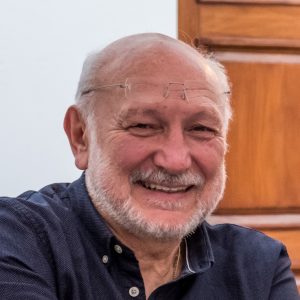 Chair:
Chair:
Professor Giuseppe Saglio (Italy)
CML Therapy
 Co-chair:
Co-chair:
Professor Qian Jiang (China)
Chair's Overview
Professor Giuseppe Saglio
Professor of Internal Medicine and Haematology
Department of Clinical and Biological Sciences
University of Turin
Turin, Italy
Index
Click to jump to section
Frontline Therapy
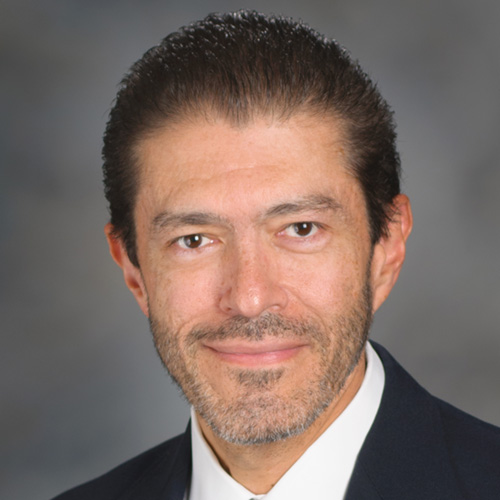
Professor Jorge Cortes
Director, Georgia Cancer Center
Cecil F. Whitaker Jr., GRA Eminent Scholar Chair in Cancer
Augusta, USA
When Frontline Therapy Fails and Beyond the Second Line Therapy
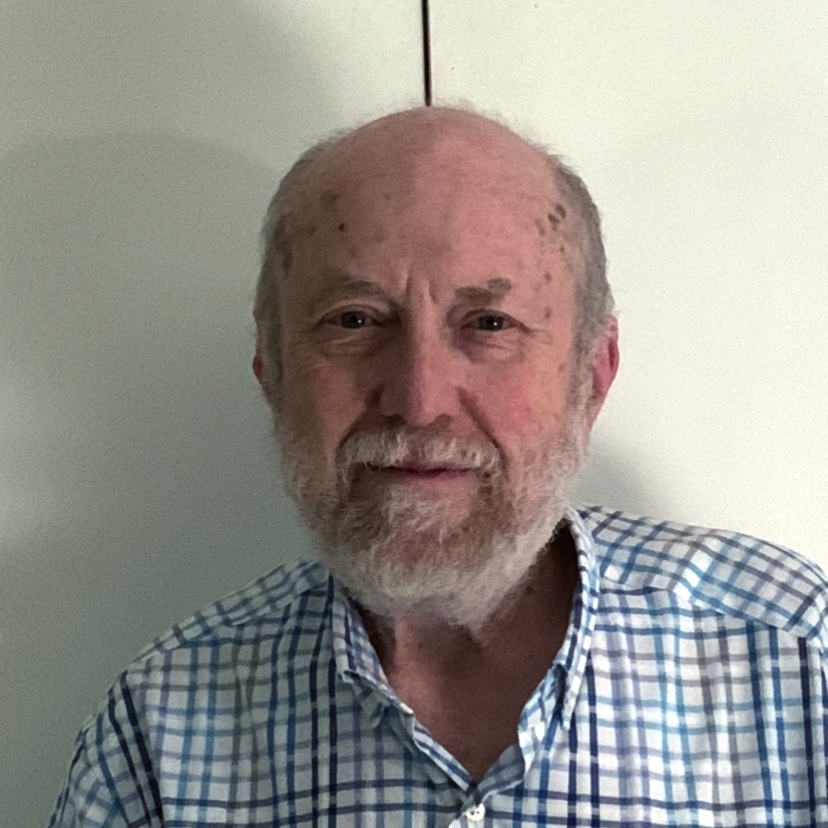
Dr Jeff Lipton
University of Toronto and
Princess Margaret Cancer Centre
Toronto, Canada
Beyond the Chronic Phase
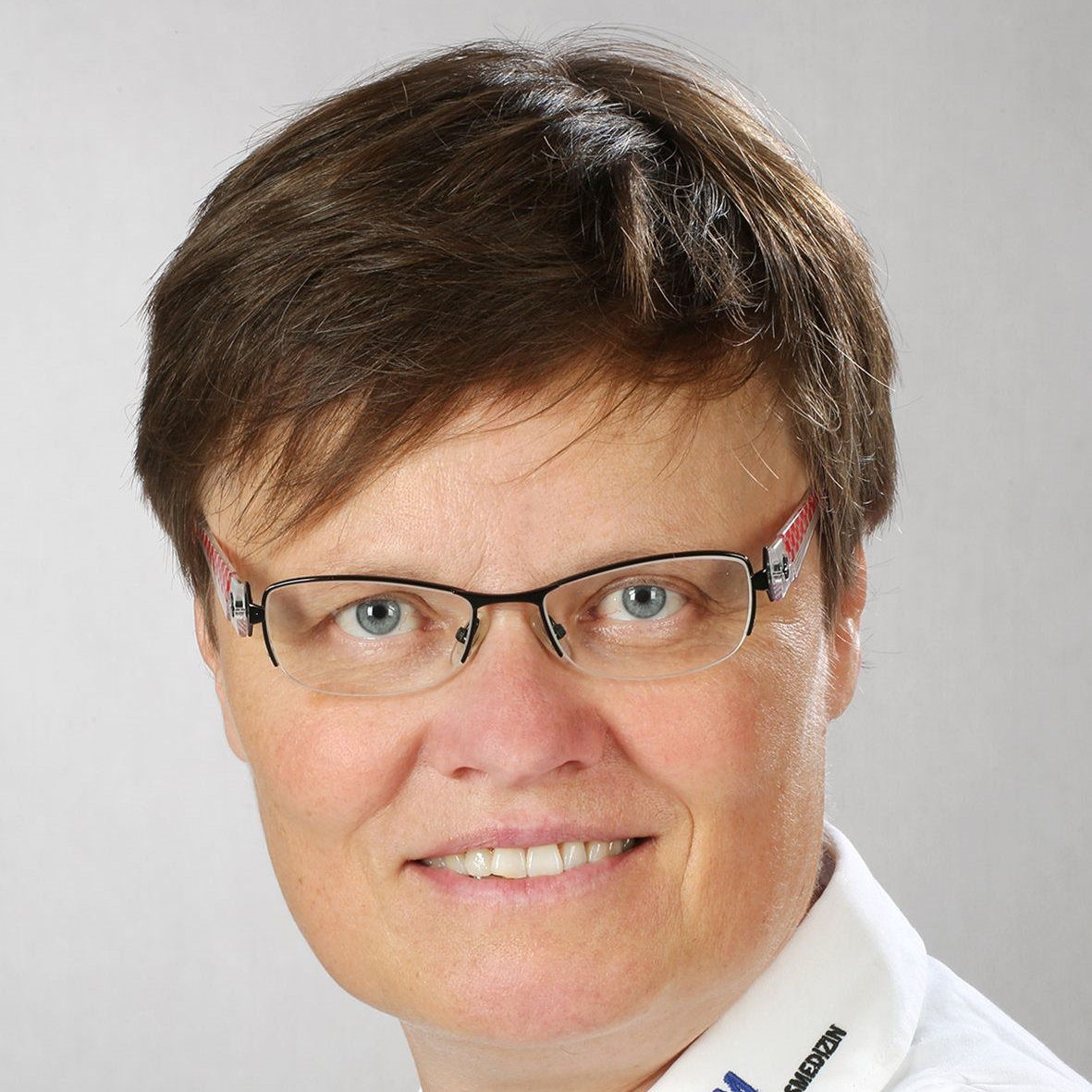
Professor Susanne Saussele
Head, CML Excellence Center
Hematology and Oncology
University of Mannheim
Germany
ELN Recommendations and How These Have Evolved Over 15 Years
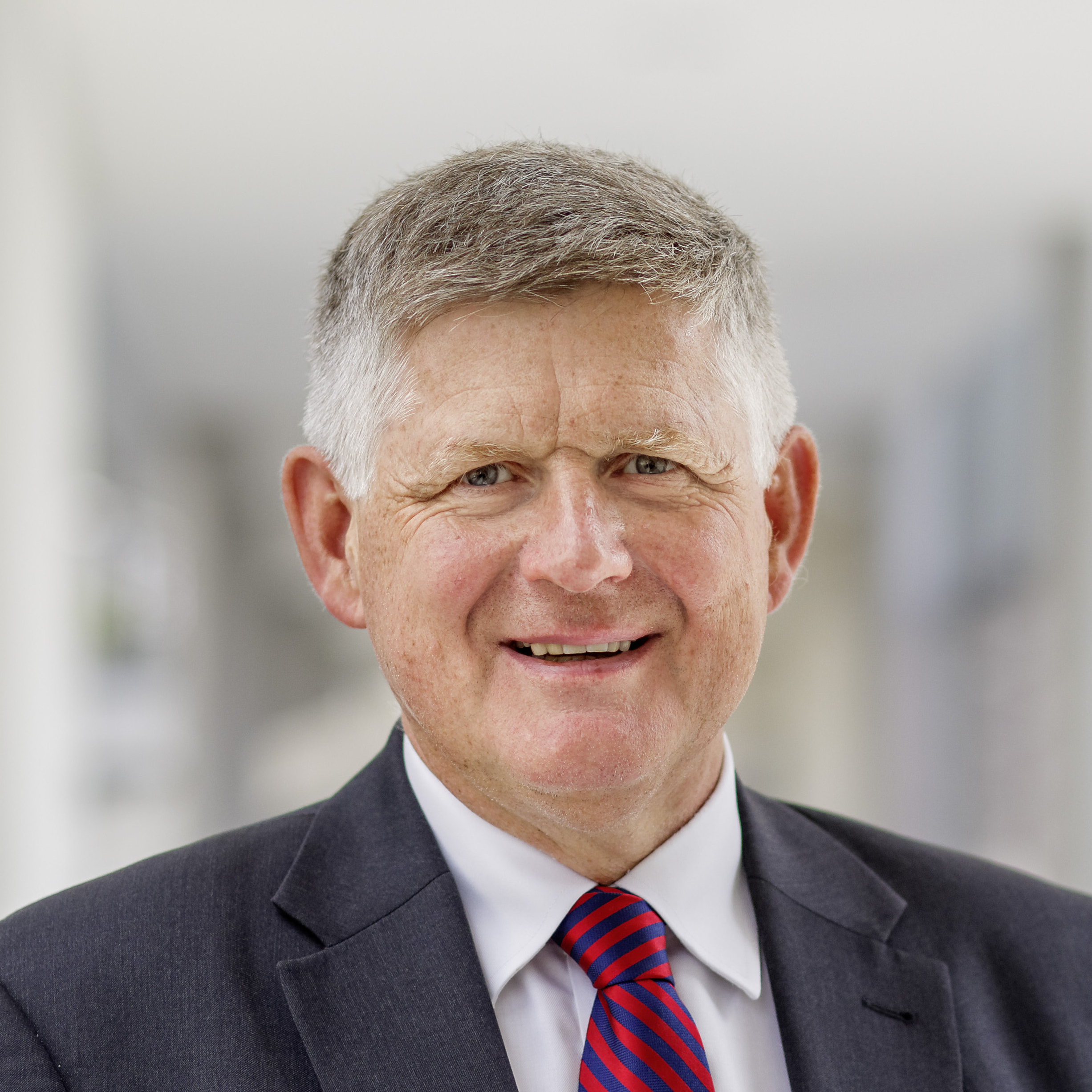
Professor Andreas Hochhaus
Professor of Internal Medicine, Hematology and Oncology
University Medical Centre
Jena, Germany
How are these recommendations amended to reflect local needs in low and middle-income countries?
Leading haematologists from low and middle-income countries talk with Dr Arlene Harriss-Buchan, from the iCMLf, about the challenges of adapting the ELN recommendations to provide best practice CML therapy in resource constrained environments.
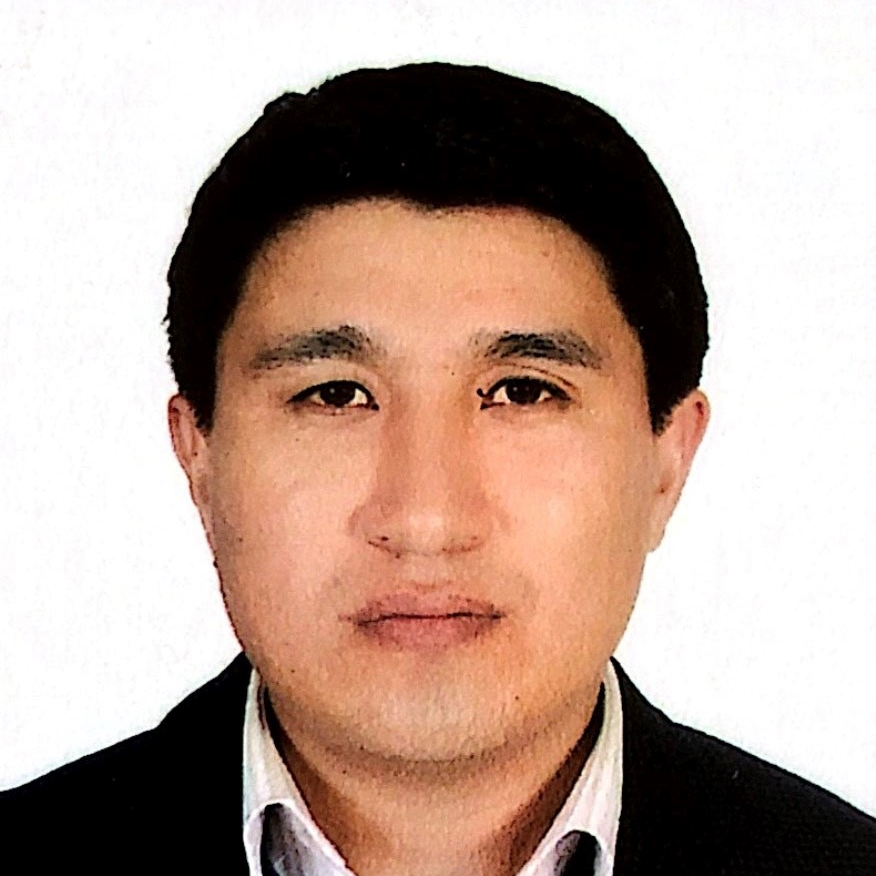
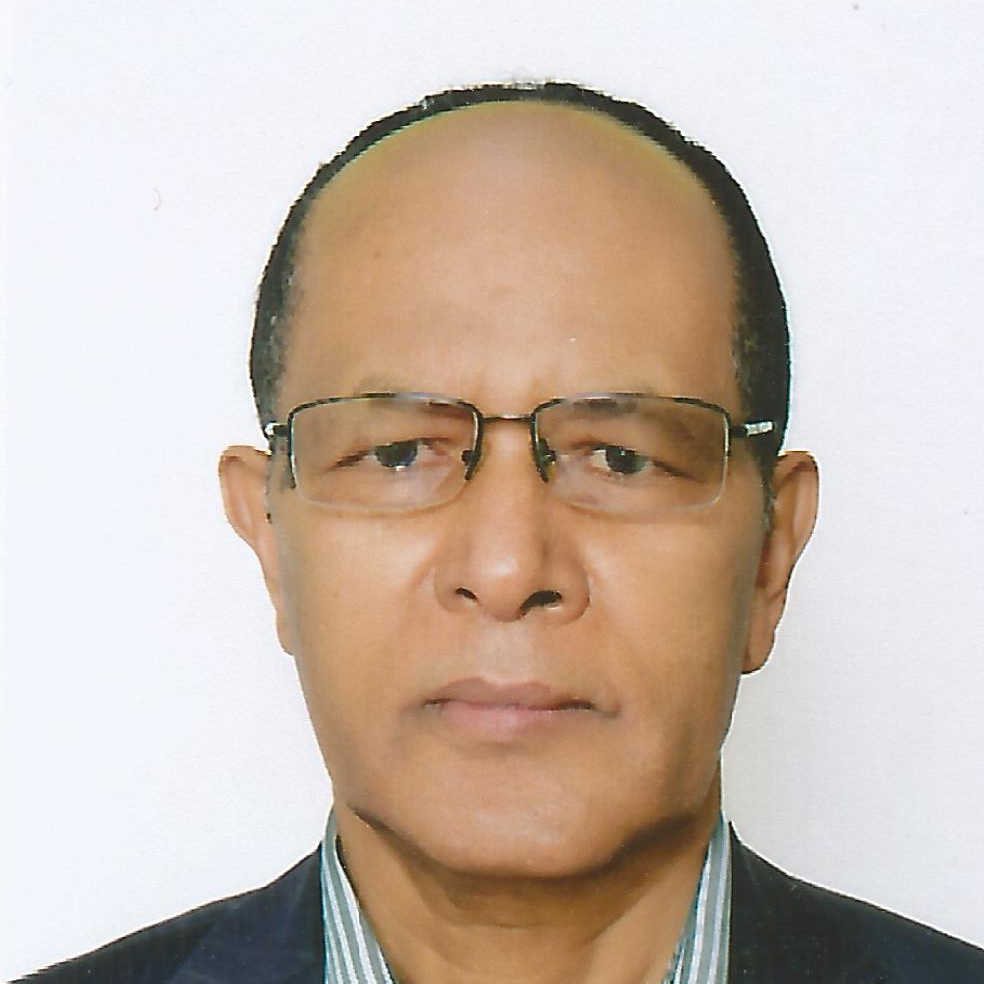

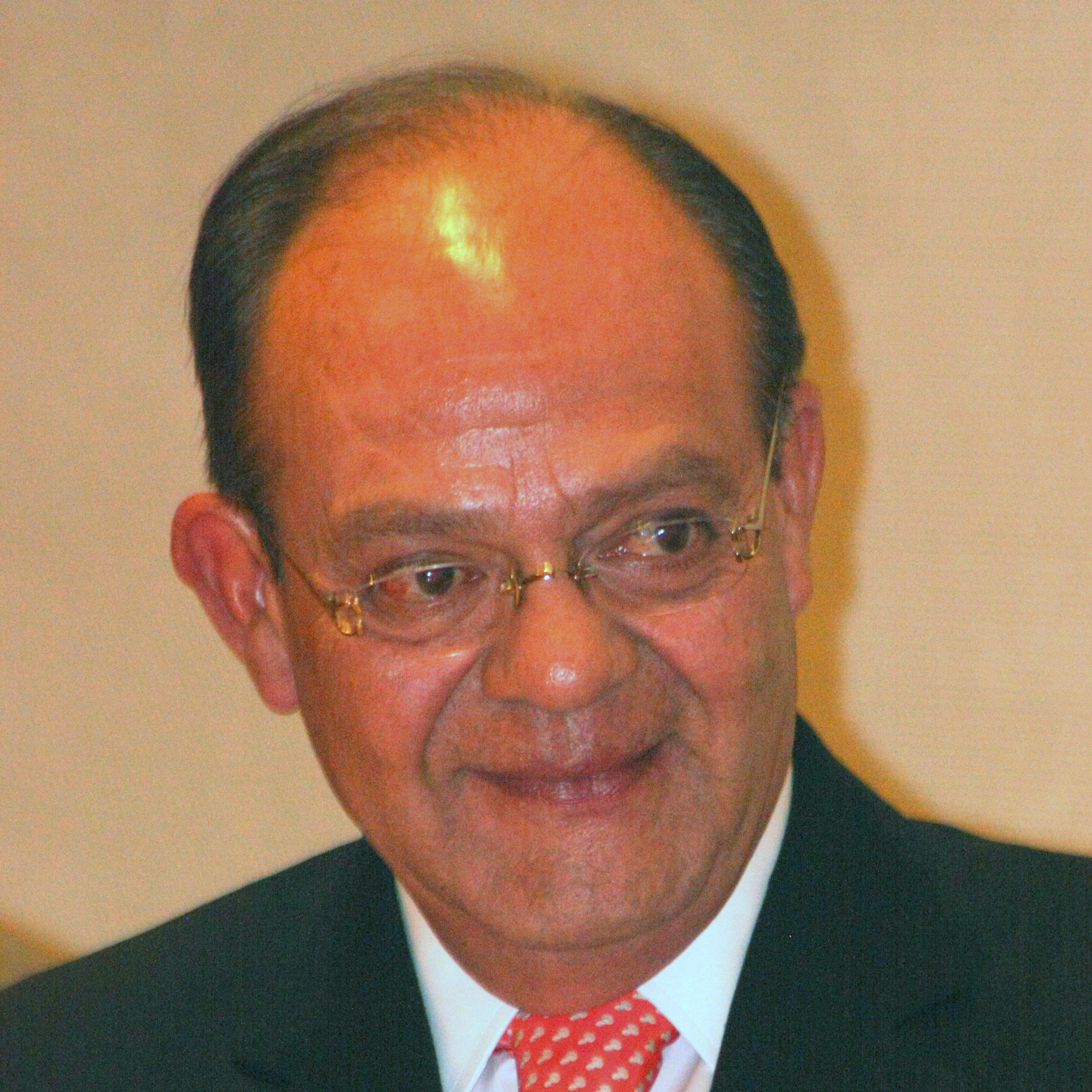
A perspective from China

Professor Qian Jiang
Professor, Deputy Chair, Department of Hematology
Peking University People’s Hospital
Peking University Institute of Hematology
Beijing, China
A perspective from Nepal

Dr Mipsang Lama
Assistant Prof, MBBS, MD (Internal Medicine)
PDF (Clinical Hematology and BMT)
Patan Hospital, Lalitpur, Nepal.
A perspective from Mexico

Dr Rafael Hurtado
Head of Hematology
Hospital Angeles
Pedregal, Mexico City, Mexico
A perspective from Ethiopia

Associate Professor Amha Gebremedhin
Associate Professor of Medicine
Consultant in Internal Medicine and Hematology
Department of Internal Medicine
School of Medicine, College of Health Sciences
Addis Ababa University
Addis Ababa, Ethiopia
Discussion
Do you have any questions, or comments for the speakers, or community?
Leave your comments below and we will contact the presenter for a reply.
To prevent spam all comments will be forwarded to an admin who will approve the comments and arrange a reply if appropriate.

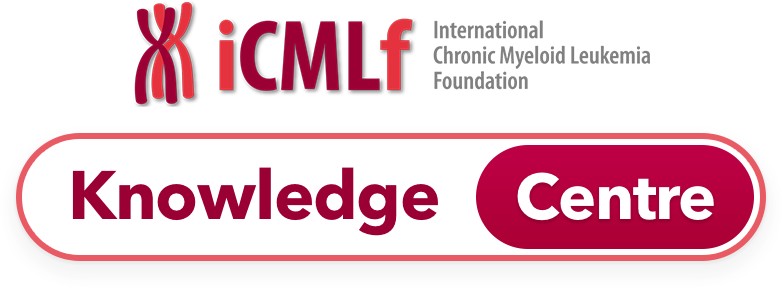
A 38 year old male, in a routine physical exam detected a very high WBC (197k), RBC, Hemoglobin and Platelets are okay. Completely asymptomatic.
On further examination, RT qPCR BCR ABL major p210 is detected at 0.1385% MR 2.86 before treatment.
Hypercellur bone marrow 100% cellularity, with left shifted granulocytic hyperplasia and mildly increased easinophils.
Blasts 0.4%, Myeloid 94.9% in Flow Cytometry Differential.
Lab results indicate CML in chronic phase, but how it’s possible to have this low percentage of BCR-ABL before the treatment (0.1385%)?
I agree with you, it is very unusual to have this very low level BCR-ABL at diagnosis, with this amount of disease. I am assuming the karyotype did demonstrate the Philadelphia chromosome. I can think of two possibilities:
1. A lab error, and would suggest repeating the test
2. BCR-ABL variant, and would suggest a qualitative test for p190, p230, and other rare variants (maybe done at Mayo clinic)
Thanks,
Ehab Atallah (Wisconsin, USA)